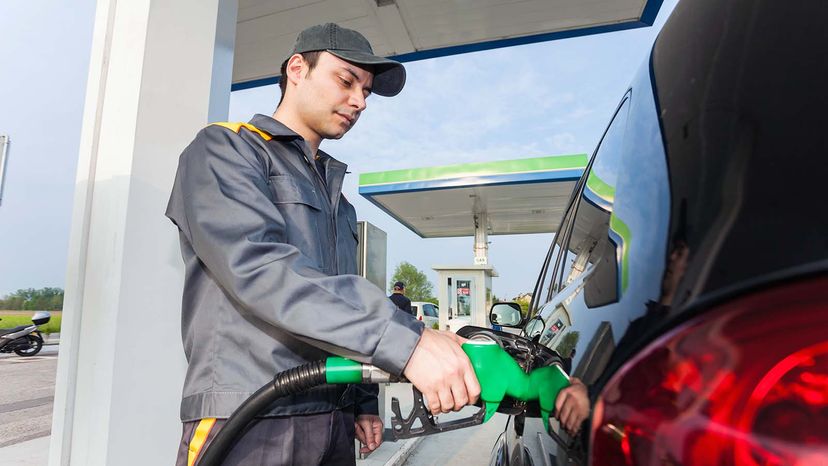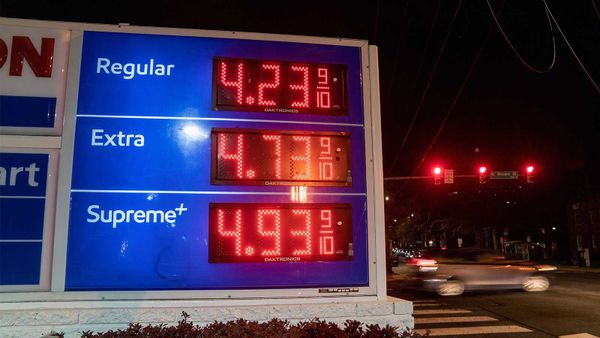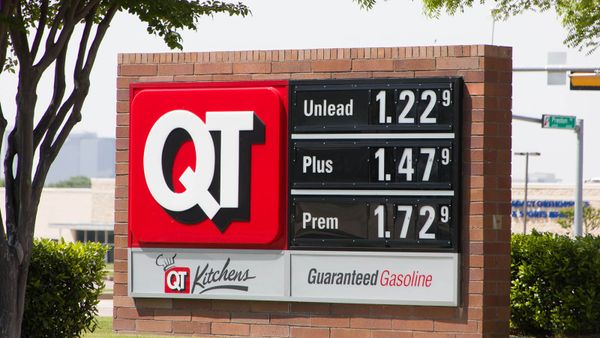The official ban on self-serve gas in Jersey began in 1949 with the Retail Gasoline Dispensing Safety Act, citing safety concerns like fire hazards. But like a lot of things New Jersey, there's really a more sinister reason for the ban that's worthy of a Tony Soprano storyline.
According to a 2019 story by journalist Paul Mulshine, the legislation supposedly arose as a tactic to fix gas prices and stop an enterprising business owner from undercutting his competitors. In 1949, Irving Reingold opened a 24-pump gas station on Route 17 in Hackensack. He offered gas at 18.9 cents a gallon when others were selling for 21.9 cents. The only requirement was that his customers had to pump it themselves.
The idea was a hit with his customers, and they lined up for blocks, according to Mulshine. His competitors? Not so much. When shooting up his gas station didn't deter Reingold, thanks to bullet-proof glass, (apparently, he was expecting a negative reaction), the rival owners turned to the law for a solution. They persuaded the state to pass a resolution outlawing self-serve gas, which quickly passed, and Reingold was out of the gas business and consumers returned to paying higher gas prices.


